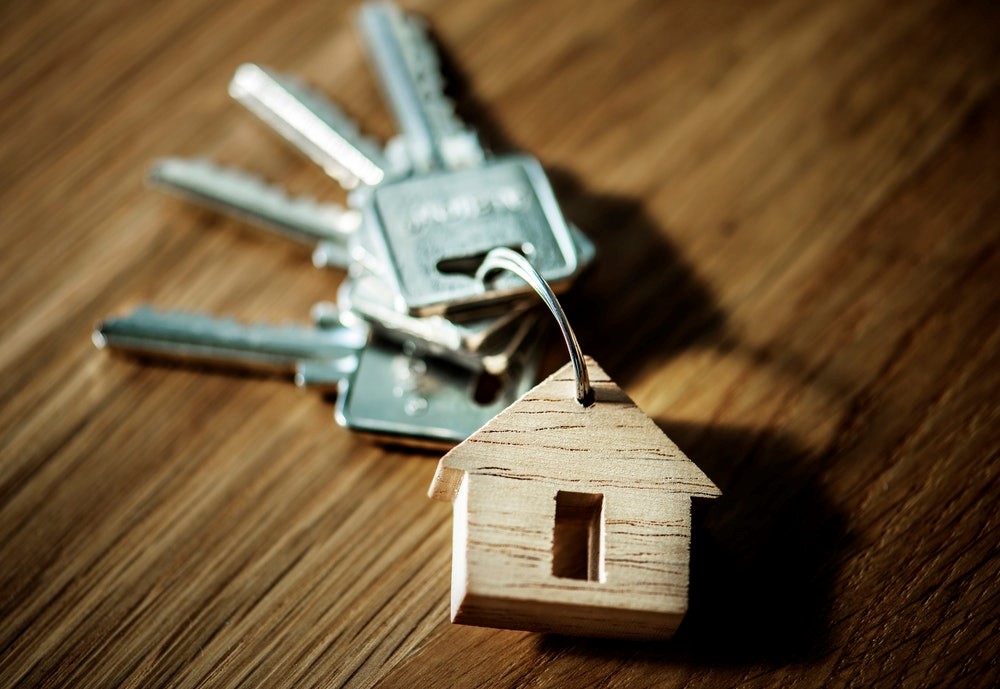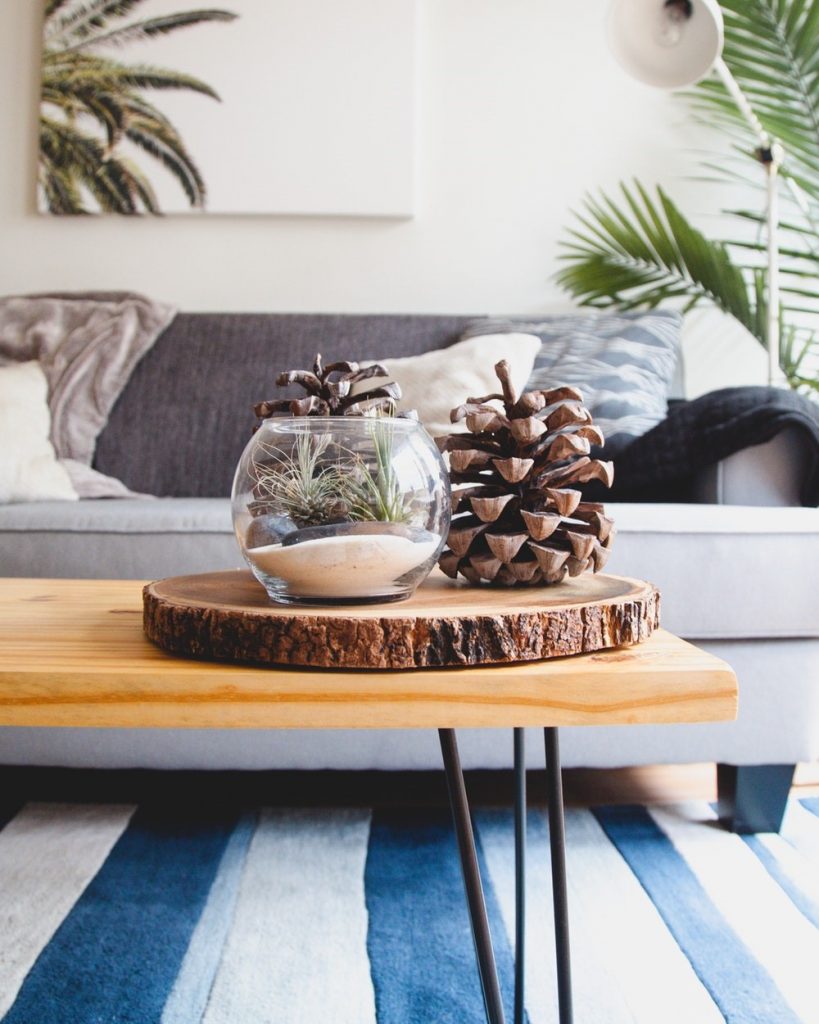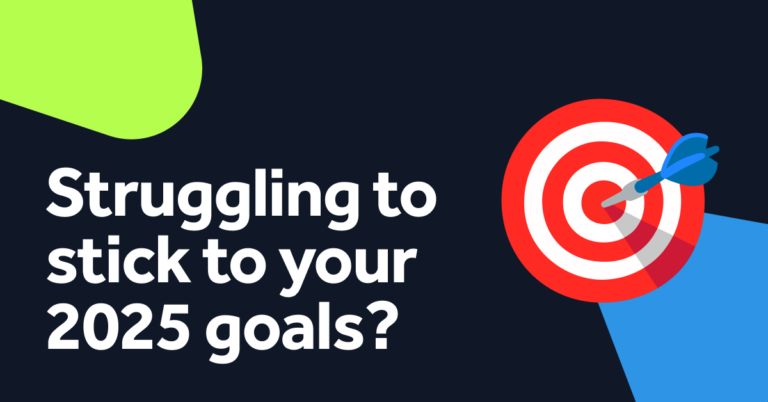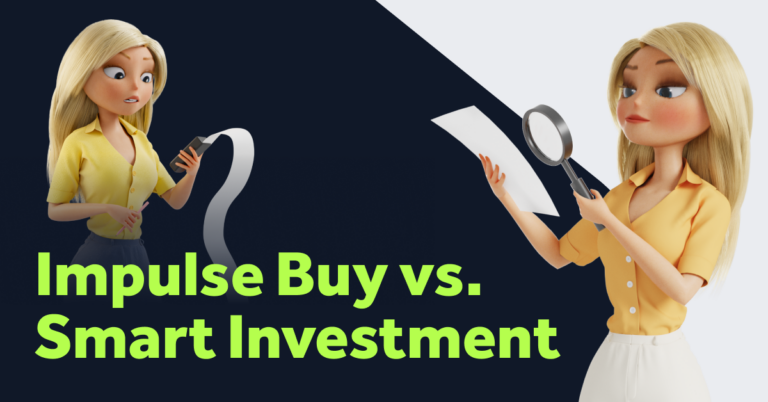The debate on renting vs. buying a home is one that continues to rage on. No matter the argument for one side, there is equal evidence for the other. This decision is not an easy one and is dependent on many different variables such as your current financial situation, family, lifestyle, and financial goals.

Everyone will make the decision that is right for them, but before doing so, it is always a good idea to understand both sides of the rent vs. buy argument. This will not only help you come to terms with the best decision for you and your family but give you the confidence you need to navigate the home buying or renting process successfully.
Rent
Almost everyone starts off as a renter, living in an apartment or home owned by someone else and paying monthly rent to a landlord. And while for some renting might be a great way to start out, for others renting may be the most prudent financial decision in the long-run.
Benefits
Renters have very few financial responsibilities. Paying the agreed upon rent is first and foremost, while other costs such as utilities, water, and internet are stipulated in any rental agreement. With renting, there is no need for an initial, large cash payment which can cause a great deal of financial stress. By forgoing a down payment, renters can live in homes which they could not otherwise afford to purchase while saving their capital for other expenses.
Renters also have much more flexibility than buyers and are not locked into one property for an extended period. This can make it easy for you to relocate if a better opportunity arises in another city, or even go off and travel for a year. For some, having flexibility is of the utmost importance, and renting provides the most flexibility possible.

Lastly, renters have the luxury of not being responsible for major repairs. When the boiler breaks or the roof is leaking, you can simply call up your landlord or property manager to not only take care of the problem but pay for it as well. The benefit here is twofold: not only do renters not have to spend the time arranging for maintenance and repairs, but they also aren’t required to pay the incurred expenses for these services.
Downsides
The biggest downside to renting is financial. While renters aren’t required to make a major down payment, they also don’t retain any equity in the home in which they are paying rent. Therefore, a renter is not gaining any equity or ownership of the home they are renting, and at the end of a lease are left with no assets. The cost to rent is a sunk cost, never to be recouped again.

Because you don’t own the home as a renter, you are also subject to the whims of your landlord. If the landlord seeks to sell the property, you may be stuck looking for another place to live. Alternatively, the owner of the property can raise the rent at the end of a lease agreement, making it more expensive to continue living in the same home. This can be especially difficult for families and those with young children who may have to change schools regularly in the event the family is forced out of their rental. If stability is important to you, renting may not be the best option.
Buy
Homeownership is something that many people strive for. Whether it be for the stability, control, or equity in a property, homeownership certainly has its benefits. But is owning a home all it’s cracked up to be?
Benefits
As a homeowner, you have complete control over your property. Want to paint the bedroom or knock down a wall to create more space? Go right ahead! The home is yours after all, and you don’t have to ask permission from anyone to make changes as you see fit.
This control is even more important when it comes to security. As a homeowner, you have the right to change your locks and add extra security measures to your home if you deem it necessary. Safety and security should always be of the utmost importance, and as a homeowner, it is your choice on how to manage your own security, not a landlord or property manager.

There is also a financial benefit in owning your own home. It is likely your home could appreciate in value after the time of your purchase. This capital appreciation could be a financial windfall down the line in the event you look to sell the home or rent it out to someone else. Also, depending on the economic climate and your home value, you may have the opportunity to refinance your home later down the line and lower your monthly mortgage payment as a result.
It is often stated that real estate is a great investment, which makes homeownership not only a positive in the lifestyle it affords, but also a potentially great financial decision. Read more about this in the next section…
Disadvantages
Unfortunately, most homeowners don’t realize one key thing: a home is not an asset; it’s a liability. Although you could gain more equity in a home with each passing month, homeowners generate no income from their home until the time they are ready to sell. There is also no guarantee a home’s value will appreciate over time, meaning, if a homeowner needs to sell their home they may actually lose money.
Disregarding the sale of a home, affording repairs and maintenance during homeownership is extremely expensive and can bring unforeseen expenses. Need a plumber or electrician? It is coming out of your pocket. Another unforeseen cost is that of homeowners insurance, which depending on where you live, may be legally required. Add on property taxes and these added costs mean the monthly mortgage payment isn’t the only thing a homeowner will have to worry about.
Let’s talk about cost
For some, buying a home just isn’t financially possible. For others, becoming a homeowner might be possible, but still could put a financial strain on their family. Many times, the cost of becoming a homeowner comes down to where you want to live. For example, most people are excluded from buying a home in London due to the huge capital deposit needed upfront. In fact, the average price paid for a home in London over the last year was a whopping £636,983 (€736,974)! This is why most people in the city choose to rent. Meanwhile, homeownership is much more accessible in Tallinn, Estonia, where property prices are relatively low by comparison.

Taxes can also sneak up as a hidden cost of buying a home. While some localities give tax benefits for homeowners or make it relatively cheap, others require significant taxes on homeownership, which can be deadly for a first-time homeowner. Make sure to understand the tax implications of homeownership in the locality of any potential purchase before making a decision.
A personal choice
At the end of the day, the choice of renting vs. buying is a personal one that everyone has to make. For some, the financial burden of putting a huge down payment on a home and paying for repairs is too much to bear, while for others, having full control over their property makes buying a home the right decision. No matter what you chose, make sure you understand all of the financial implications of your decision and thoroughly weigh the benefits and disadvantages of renting vs. buying a home.


